First, grab the guide to plan your Russia festival visit with clear dates, venues, and hosts who can guide you through major cities. The book highlights arts scenes in Moscow, Saint Petersburg, Kazan, and regional towns, presenting a celebratory view of cultural life.
It covers 120+ events in 18 cities, with practical tips on ticketing, best times to visit, and how to combine multiple events in a single trip.
For interactive learning, look for masterclasses in crafts, theatre, and music, led by local artists and hosts including ivan who share methods and stories behind each festival.
The guide also offers practical notes on food culture, such as local snacks and regional specialties that pair with concerts and parades.
Plan a long weekend with itineraries in the summer to cover two events in nearby cities, while keeping travel time reasonable.
Inside the guide you will find schedule grids, venue notes, travel tips, and a directory of organizers.
Download the guide today and build a tailored plan with verified schedules and a network of hosts and instructors.
Festivals and Events in Russia: A Practical Year-Round Guide to Cultural Celebrations; Throughout the year Chekhov International Theater Festival Moscow and beyond
Plan your trip around the Chekhov International Theater Festival in Moscow in June and extend your visit with nearby summer performances. Buy a week-long pass–your card–to access most shows and secure seating in large theatres and on river banks.
Many productions draw on pagan roots and traditional rituals, blending them with contemporary storytelling. Here, the program blends first night sets the tone, and continues with innovative staging, turning each venue into a lasting showcase across public spaces and intimate theatres. The first night sets the tone for a season that continues across the city and beyond. In winter, frost-lit nights reveal a different mood, yet the same passion.
In central Moscow, the oktyabrskaya parade lights up the city with a long sequence that threads from a park to a grand square. Parades fill the streets with music, paratroopers, and a sense of ceremony, while street vendors and banks of the river create a festive backdrop for visitors and locals alike.
The festival foregrounds Chekhov’s humanism, with chekhov titles staged in traditional houses and modern venues. Some evenings pair a mourning piece with a lighter comedy, showing the spectacle of theatre as a living conversation. In the lobby, a grandfather clock keeps time as actors rehearse, a card of notes and backstage stories that visitors can read during intermissions.
Beyond Moscow, you’ll find regional programs in parks and on the river banks in cities like kazan, where summer festivals spill into open-air stages. A troika of venues–historic theatre, modern stage, and open-air park–delivers diverse shows that still echo Chekhov’s humanism. Each city curates its own festivals and parades, yet the first and traditional threads tie them to a shared cultural calendar and to a love for storytelling that lasts.
theres always a good moment to visit: arrive early to catch a rehearsal near the park and plan a route along the river so you don’t miss a spectacle. Your itinerary should include a stop at the Oktyabrskaya area, a night by the white lady statue near the square, and a taste of local like performances at smaller theatres. It depends on your interests, but this mix ensures lasting memories for everyone.
Chekhov International Theater Festival Moscow: Dates, venues, and ticket strategies
Check the official schedules from the festival source (источник) and set alerts so you know what opens first. This approach keeps you ahead of sold-out performances. Tips: book early, use official services, and choose flexible dates to maximize options. The official page provides seat maps and price charts, so you can map your plan before you buy.
Dates typically fall in mid-january, with a multi-venue program across Moscow. Izmailovo hosts several evenings, and other city stages host companion performances. Audiences travel from krasnoyarsk and petersburg to celebrate celebrated Chekhov works, then stay nearby to join post-show discussions. Start your itinerary by locating nearby transit options and choosing accommodations near Izmailovo or downtown venues to reduce moroz exposure and save time.
Ticket strategies move you from casual to confident purchases. Buy through the official box office, and use the pricing chart to compare seats. For multiple nights, join a passs or select a Troika-friendly combo to save on transit. Look for student or group discounts, check seating zones for saver options, and coordinate your days so you can switch between izmailovo venues and central theaters without backtracking. Passes can streamline access and reduce stops, keeping your plans smooth and enjoyable.
| Date | Venue | City | Format | Ticket strategy |
|---|---|---|---|---|
| Mid-January – Week 1 | Izmailovo Grand Hall | Moscow | Theater nights and talks | Official site; early booking; passs option; chart to compare seats |
| Mid-January – Week 2 | Izmailovo Main Stage | Moscow | Chekhov classics and contemporary takes | Group discounts; Troika transit pairing; official schedules |
| Mid-January – Weekend finale | Partner city venues (city-wide) | Moscow | Panel discussions and workshops | Last-minute returns via official channel; saver seats where available |
Seasonal festival calendar: key events by month in Moscow, St. Petersburg, and regional cities
Plan ahead: January centers on family-friendly winter markets in Moscow, St. Petersburg, and regional citys, with kolomenskoye hosting a traditional winter fair. Wander the markets for pastries and hot drinks, grab a card for discounts at official stalls, and enjoy views along the banks of nearby rivers. For students and families, this is a great start to the celebratory season.
February brings Maslenitsa across citys, a friendly wave of pancakes, pastries, and lively street performances. In Moscow and St. Petersburg, markets feature meat pies and sweet pastries, while regional citys host cottage fairs and parades along the banks. Enjoy hot drinks and dancing as locals share their drinking traditions and unity in winter.
March shifts to theater and arts festivals, inviting school groups and students to guided tours and introductory courses about local traditions. Citys host open-air theater performances, while Moscow and St. Petersburg offer official programs that combine exploration with crafts and storytelling.
April delivers Easter processions and spring fairs with family-friendly workshops. Railway routes connect Moscow, St. Petersburg, and citys, making it easy to combine multiple events in one trip; markets feature fresh produce and meat specialties. The name and timing of each festival appear in official schedules, helping you plan accurately.
May centers on Victory Day events. Paratroopers march in several parades, followed by concerts on city squares. In St. Petersburg, White Nights begin to tint the evenings, while citys host official commemorations, family performances, and a celebratory mood across markets and parks, inviting exploration and shared experiences.
June honors Ivan Kupala Night with bonfires on riverbanks and forest clearings. Festivals run along the banks of the citys’ rivers, offering exploration activities, crafts, and folklore theater. Families join in, and the first light of summer makes the celebrations feel especially warm, reinforcing unity across communities.
July brings open-air theater, arts showcases, and river sails along the Neva. Citys host neighborhood fairs with lots of family experiences, street art, and food stalls offering pastries and meat dishes. Look for guided tours to learn the original stories behind each performance and enjoy the vibe of a celebratory city.
August highlights harvest fairs in regional citys and along riverbanks. Markets brim with vegetables, meat treats, and pastries while families enjoy hands-on workshops and lots of experiences that prelude back-to-school planning.
September signals back-to-school season and a shift to indoor arts programs. Citys run museum nights, theater previews, and short courses, while official railway packages help you visit multiple venues in one trip. Families can combine school-friendly programs with casual exploration of markets and pastries.
October offers autumn food festivals and mushroom hunts at regional citys, with pumpkin fairs, and practical demonstrations in kitchens. Markets showcase meat cuts and seasonal pastries, and the theory of traditional cuisine appears in cookery classes and school clubs.
November centers on theater festivals and exhibitions in citys and major venues. Students can join workshops and adult courses, while markets host late-autumn specialties and white-chocolate treats for chilly evenings. The experiences build a sense of unity and local pride across the country.
December wraps with winter markets, Christmas fairs, and illuminated routes through kolomenskoye and other citys. People drink hot beverages, sample pastries, and pick up gifts with official calendar guides and cards. The season ends with a celebratory mood, lots of family time, and memorable citys-by-citys highlights along the river banks.
Ticketing tips: where to buy, seating options, discounts, and accessibility needs
Buy tickets online only from the festival’s official portal or the museum box office to lock in your seat, get accurate seating maps, and avoid extra charges.
Where to buy
- Official portal: choose a time slot, see available seating, and receive an e-ticket delivered to your device.
- Museum and venue box offices: convenient for last-minute purchases with real-time availability for large and outdoor venues.
- Authorized partners at kazan historic places and markets: reliable tickets that support hosts and local services.
- Group or school bookings: contact the events team; they can reserve blocks and provide dedicated seating for each group, tailored to their needs.
Seating options
- General admission: flexible standing or blanket seating in outdoor spaces; arrive early for best spots.
- Reserved seating: numbered seats in large indoor venues and some historic sites.
- Accessible seating: wheelchair spaces with companion seats and clear sightlines; request at purchase time.
- Viewing for film screenings and craft demonstrations: some venues offer front-row or balcony options for a unique perspective.
- Weather considerations: may-july events could move between outdoor and sheltered areas; check the map for open-air or covered sections.
Discounts and pricing tips
- Early-bird discounts apply when you book weeks in advance; online purchases often include a small fee waiver.
- Student, senior, and military discounts: bring an ID to unlock reduced rates.
- Family and group packages: every additional ticket can carry a reduced price; check for family packs for up to four or more people.
- Free admission: some venues offer free entry for children under a specified age or on select days; verify the policy during booking.
Accessibility needs and practical tips
- Specify mobility or hearing needs at purchase; many venues provide assistive listening devices and captioning for film screenings.
- Accessible routes: plan parking near the venue, level entrances, and drop-off points for those with wheelchairs.
- On site: use the museum services desk for maps, large-print guides, or audio tours; staff can point you to the best routes.
- Food and beverages: outdoor events may feature a feast of local snacks–pancakes, rose pastries, and other treats; drinking water stations are marked on the map.
- Navigation cues: white icons mark accessible entrances and key landmarks to help everyone move smoothly.
- Facilities accommodate both male and female attendees, with gender-neutral restrooms and clear signage.
Practical tips for a smooth experience
- Arrive early to secure a preferred spot at outdoor venues; large crowds may require extra time during entry checks.
- Keep your ticket handy; mobile passes reduce paper waste and simplify entry.
- In kazan, historic places along the riverfront offer pre-event strolls and small tastings from local markets–perfect before a show.
- Always verify the event’s starting time and late-entry policies with hosts and box offices.
- The ticketing process delivers a smooth start to your day with quick entry and clear guidance at the venue.
- Visitors from around the world, including russians, join the festival.
- The city remains welcoming after events, with hosts ready to help.
- If your route includes a historic baptism site near a church, include a short cultural stop for context.
- Cookie-free zones exist if you need a quiet moment; ask the hosts for a suitable area.
- Facilities at outdoor venues often highlight free rest areas and first-aid points for everyone.
Travel and logistics: visas, transport between cities, and accommodation near venues
Get your visa sorted at least 3–4 weeks before departure. Use the official consulate or a licensed visa center; you typically need an invitation letter from a hotel or tour operator, a completed application, photos, passport valid for at least 6 months after return, and travel insurance. This path can become routine with a reliable agency, and it will ensure your entry proceeds smoothly. If you plan to travel again this year, keep a template ready for faster processing. Bring digital copies and originals separate.
Railway and flight options offer flexible pacing. The railway network connects most citys, with the high-speed Sapsan running Moscow–St Petersburg in about 3h30–4h; for other routes, long-distance trains provide overnight options with sleeping compartments. Domestic flights link regional hubs quickly, often cutting travel time by hours when distances are substantial. Check luggage allowances and arrive at the airport at least 2 hours before departure. When you plan, weigh comfort against time: railway can reduce hotel nights, flight can save precious time, especially in peak months like july or in april when festival schedules intensify.
Accommodation near venues matters for a smooth stay. Choose a hotel or serviced apartment within 1–3 km of the venue to minimize walking on streets and to keep transfers brief. Use metro access to reach main theatres, puppet performances, and cultural centers with ease. In citys with dense cores, stay in districts around the theatre quarter for vibrant evenings and easy access to handicraft markets. If you want a chekhov–inspired atmosphere, staying central keeps you within a short walk of the theatres and allows you to linger over a traditional supper or a late-night stroll. For those chasing lasting memories, look for rooms that offer quiet hours after an evening show and check for sunday matinees when available.
Timelines and schedules matter. In mid-january, expect colder weather and shorter daylight; many venues publish adjusted hours on non-working days, so verify the official timetable before you go. April and June bring big festival crowds, while july features large citywide events that can affect transport flow. Sundays often host additional performances, and citys streets near venues can become lively with visitors and locals alike. If a savior feast or other public celebration is announced, plan for road closures and longer transit times, then enjoy a connection to local culture, including artisan handicraft stalls and puppet shows tucked along the streets. A presidents visit or official ceremony may tighten security and alter opening hours, so space your day accordingly and stay flexible.
Practical tips for booking and budgeting. Reserve refundable rates and check cancellation windows, especially for high-season stays near theatres. A mix of hotels and serviced apartments can offer comfort for longer stays, while a compact room near the venue reduces travel time. Costs depend on city and season; in peak months you’ll pay more, but you can offset this by pairing a short rail hop with a flight to reach another region for a day tour. If you shop for handicraft items, set a modest budget and browse markets after the show, enjoying local traditions and craftwork that reflect the fatherland spirit. Prepare a brief speech of thanks if you plan to greet hosts or guides, and keep a small list of essential phrases ready for conversations. This approach helps you stay organized, keeps experiences authentic, and makes your visit truly lasting.
Regional festival highlights: top celebrations in Russia beyond Moscow (Saint Petersburg, Kazan, Yekaterinburg, Sochi)
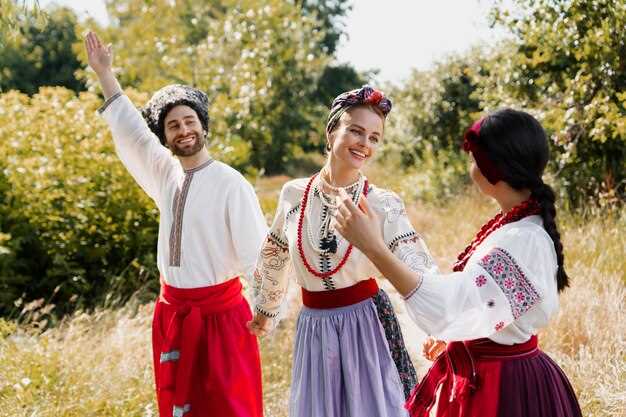
Start your regional tour in Saint Petersburg during Scarlet Sails week to feel the iconic night lights, then continue to Kazan, Yekaterinburg, and Sochi for a complete cultural spectrum.
Saint Petersburg shows its unique character along the Neva banks, where the festival atmosphere spills into tree-lined embankments and parks. The Scarlet Sails event pairs a tall ship with a spectacular fireworks display, creating an impressive skyline that draws locals and visitors alike. Here you can gather with crowds for open-air concerts, sample tastings from riverfront cafes, and browse handicraft stalls offering good, handmade souvenirs. Churches and cathedrals add a quiet counterpoint with icons of jesus and quiet study of history between the bursts of color. The calendar marks late June as the peak, so plan a stay that lets you stroll from morning visits to evening lights along the water and finish with a view of the city’s iconic bridges.
Kazan blends national textures with a dynamic festival rhythm. The Sabantuy celebration brings together Tatars and peoples of the Volga region through traditional games, horse riding, and music that echo across the riverfront. You’ll find tasty, authentic food at tastings and markets, plus handicraft stalls showcasing woodwork, ceramics, and textiles. Parks along the Kazanka and the banks near the Kremlin area offer spots to sit, decorate a day with local flavors, and watch daytime performances morph into lively evening concerts. A city like Kazan invites three distinct neighborhood vibes during the festival, making it easy to plan different visits and discover places with a unique sense of community and history.
In Yekaterinburg, the urban festival scene leans into the Urals’ industrial heritage and contemporary arts. Open-air concerts, street performances, and craft markets line the Iset River and several city parks, providing a friendly, family-friendly rhythm. Here you can collect handicraft keepsakes, try regional dishes at cafes, and enjoy light shows that peek through the trees after sunset. The event zones spread across several districts, letting you tailor an itinerary that pairs industrial history remains with modern design, all within a comfortable, walkable city center.
Sochi combines resort charm with a concentrated summer festival program around the Black Sea coast. Kinotavr, the well-known film festival, anchors a circuit of cinema screenings, red-carpet moments, and industry gatherings in Krasnaya Polyana and coastal venues. Alongside screenings you’ll find seafood tastings, crafts from local artisans, and casual cafes where conversations flow after a day of films. The coastal parks and promenades light up at night, offering impressive views and easy strolls between venues. A short flight or train ride from the city center lets you pair film days with outdoor activities and park visits, creating a well-rounded end to the trip. Sochi’s festival scene invites visitors to gather memories, supporting local venues and celebrating regional flavors as part of a relaxed, sun-soaked itinerary.

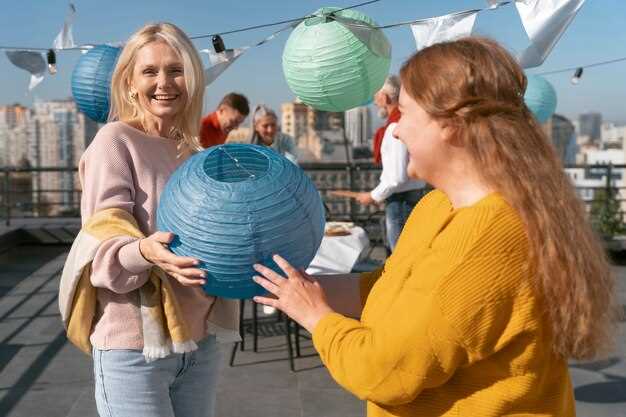 Festivals and Events in Russia – A Comprehensive Guide to Cultural Celebrations">
Festivals and Events in Russia – A Comprehensive Guide to Cultural Celebrations">

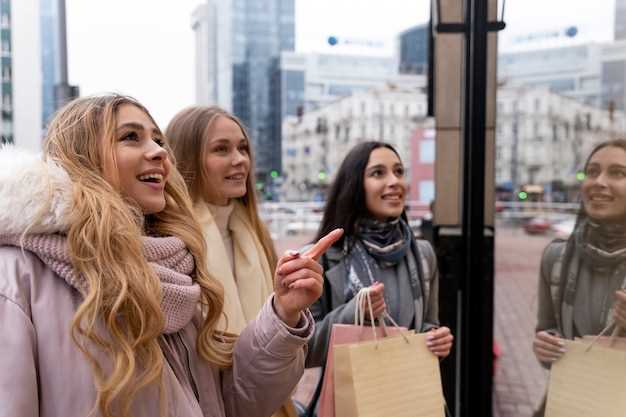 Shopping in Moscow – 14 Top Places That Prove the City Is as Chic as Milan">
Shopping in Moscow – 14 Top Places That Prove the City Is as Chic as Milan">
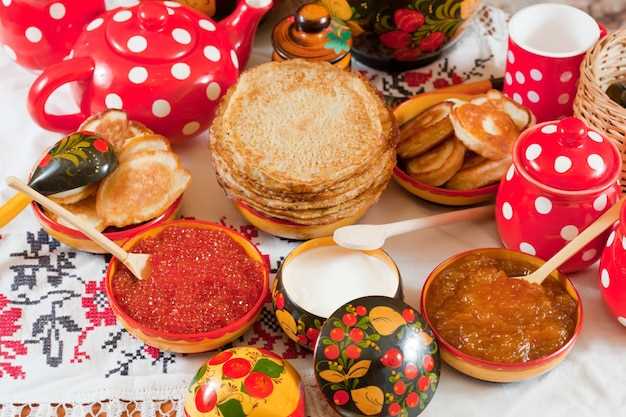 2-Day Kolomna Itinerary – Best Sights, Food & Activities in Kolomna, Russia">
2-Day Kolomna Itinerary – Best Sights, Food & Activities in Kolomna, Russia">
 Medical Tourism – The Ultimate Guide to Affordable Health Travel">
Medical Tourism – The Ultimate Guide to Affordable Health Travel">
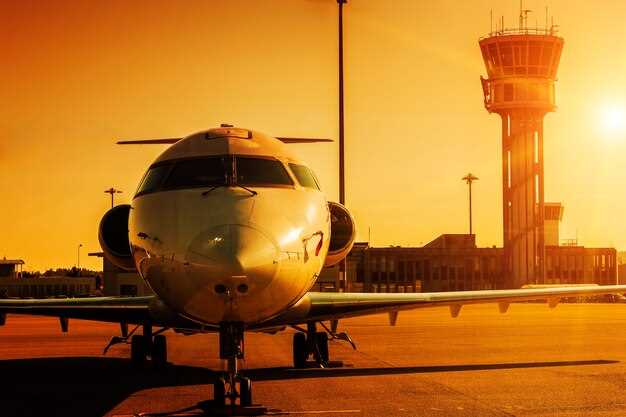 Vnukovo Airport Museum – Explore Moscow’s Aviation Heritage">
Vnukovo Airport Museum – Explore Moscow’s Aviation Heritage">
 Offline Maps – Best Apps and Tips for Offline Navigation">
Offline Maps – Best Apps and Tips for Offline Navigation">
 Top 10 VIP Transfer Specialists in Moscow 2024 — Best Chauffeur Services Ranking">
Top 10 VIP Transfer Specialists in Moscow 2024 — Best Chauffeur Services Ranking">
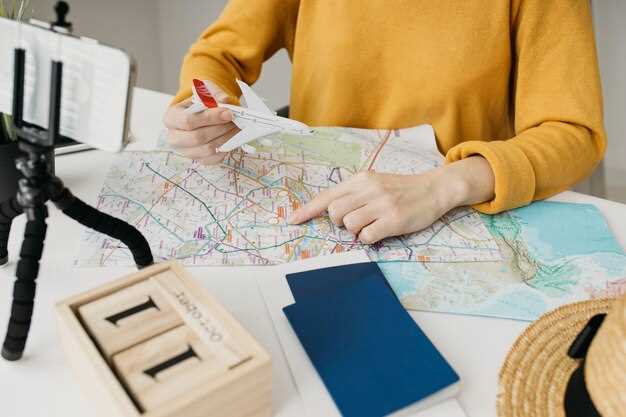 St. Petersburg Ferries – Routes, Timetables, Tickets & Travel Tips">
St. Petersburg Ferries – Routes, Timetables, Tickets & Travel Tips">
 Night Buses in Moscow – Routes, Timetables, and Tips">
Night Buses in Moscow – Routes, Timetables, and Tips">
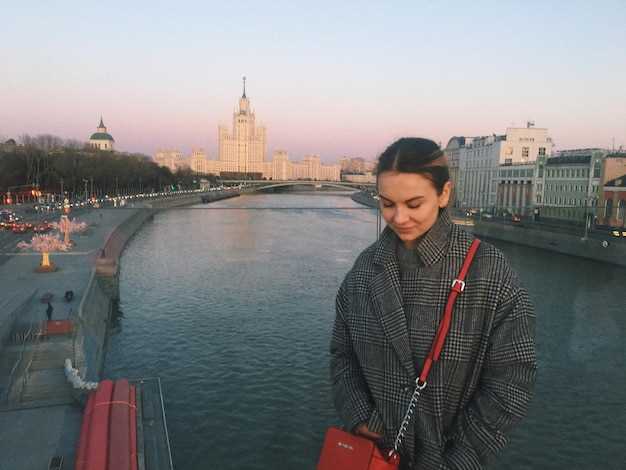 Top 10 Things to Do in Moscow, Russia – Ultimate Travel Guide">
Top 10 Things to Do in Moscow, Russia – Ultimate Travel Guide">
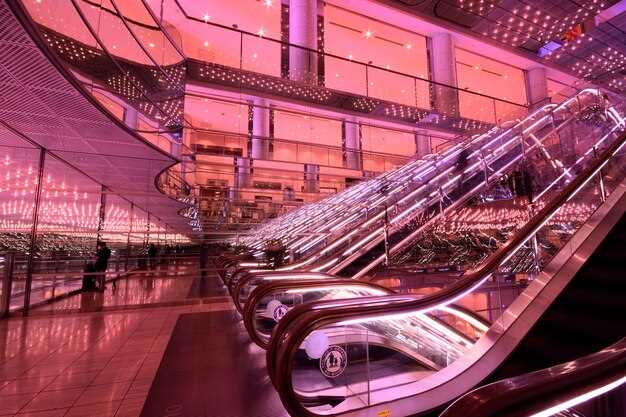 Review – Moscow and Jazz Business Lounges at Sheremetyevo Terminal">
Review – Moscow and Jazz Business Lounges at Sheremetyevo Terminal">